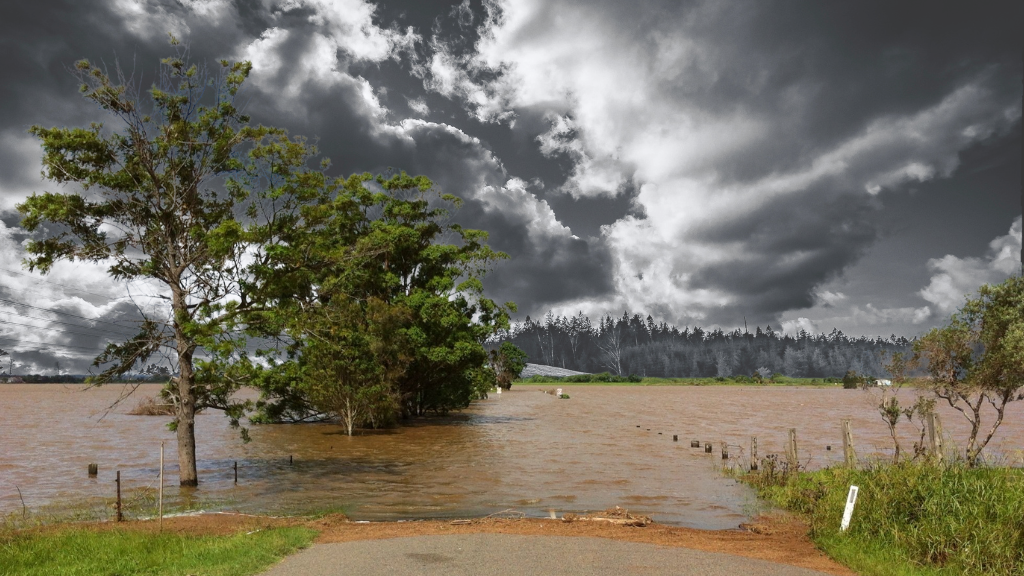Countries and experts reaffirm commitment to strengthening disaster-related statistics globally
Work area(s)
The Fifth Global Expert Forum for Producers and Users of Disaster-related Statistics reaffirmed the commitment of countries and international organizations to strengthen the production, coordination, and use of data to support decision-making in the face of risks and disasters.

The Fifth Global Expert Forum for Producers and Users of Disaster-related Statistics was held virtually from 6 to 8 October 2025. It was convened by the United Nations under the guidance of the Inter-Agency and Expert Group on Disaster-Related Statistics (IAEG-DRS) and organized by the Economic Commission for Latin America and the Caribbean (ECLAC), in collaboration with the Department of Economic and Social Affairs (UNDESA), the United Nations Office for Disaster Risk Reduction (UNDRR), the Economic Commission for Africa (ECA), the Economic Commission for Europe (ECE), the Economic and Social Commission for Western Asia (ESCWA), the Economic and Social Commission for Asia and the Pacific (ESCAP), and the United Kingdom Health Security Agency (UKHSA).
For three days, more than 60 countries represented by government entities, international organizations, specialists, and academics shared national and regional experiences, explored technical advances, and discussed next steps toward the Global Disaster-Related Statistics Framework (G-DRSF), the first global effort to establish a common statistical framework for disaster-related statistics. The draft framework is expected to be submitted to the United Nations Statistical Commission in 2026.
During the Forum, conceptual, methodological, and practical aspects were addressed, highlighting the importance of timely, comparable, and disaggregated data to guide disaster prevention, preparedness, response, and recovery policies. Emphasis was placed on the need to strengthen institutional coordination, harmonize definitions and methodologies, and promote integration between statistics, geospatial information, and administrative data.
Among the main commitments made, participants agreed on the following:
- Advance toward national implementation and adaptation of the G-DRSF, strengthening technical capacities and inter-institutional coordination mechanisms.
- Improve the quality and coverage of data on loss, damage, vulnerability, and exposure, incorporating innovative sources such as artificial intelligence and geospatial systems.
- Promote regional and international cooperation for the exchange of good practices, conceptual harmonization, and joint training.
- Promote open and sustainable information systems, essential for transforming data into useful evidence for decision-making.
In the closing session, ECLAC emphasized that disaster-related statistics are "an essential element for fulfilling the commitments of the 2030 Agenda, the Sendai Framework, and the Paris Agreement." It also highlighted that the progress achieved at this forum reflects the shared commitment of countries and global partners to strengthening statistical systems and disaster resilience.
The event concluded with a call to transform shared knowledge and experiences into concrete actions at the national, regional, and global levels, promoting evidence-based public policies to protect lives and build more resilient societies.
Related content

Fifth Global Expert Forum for Producers and Users of Disaster-related Statistics
The forum concluded by reaffirming the global commitment to generating quality statistics that support more effective public policies for disaster risk reduction, in line with the Sendai Framework…